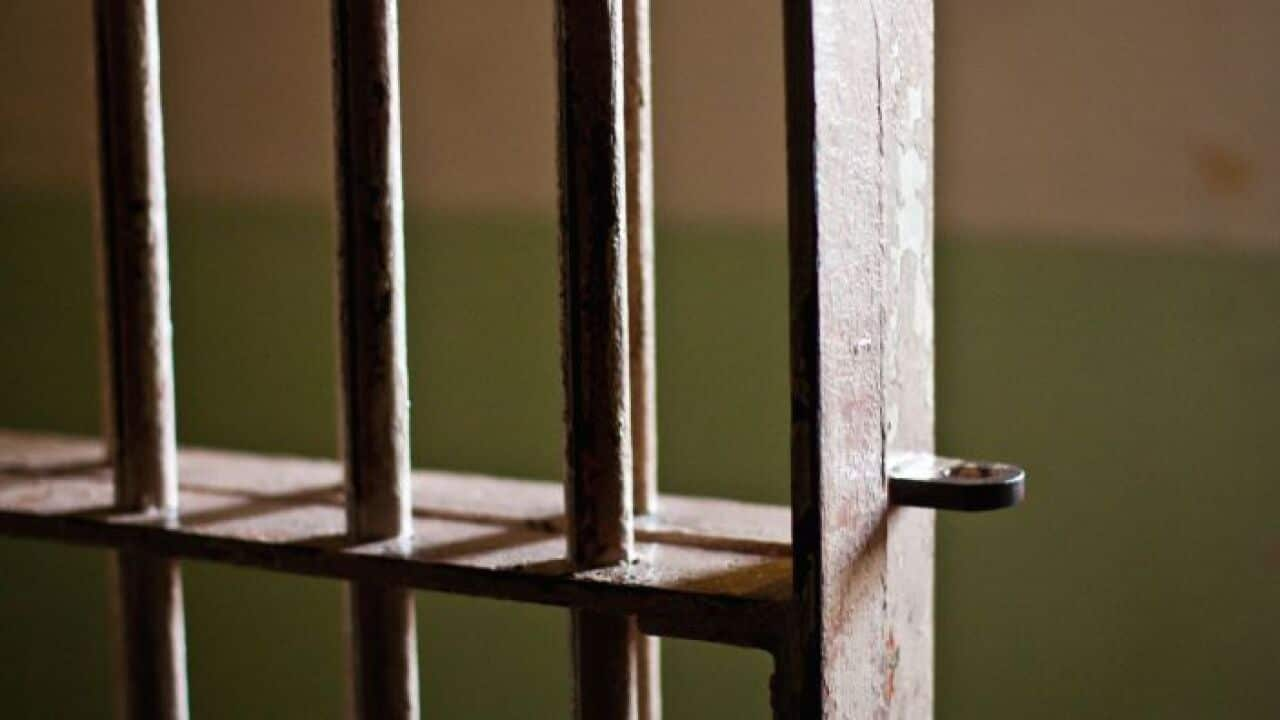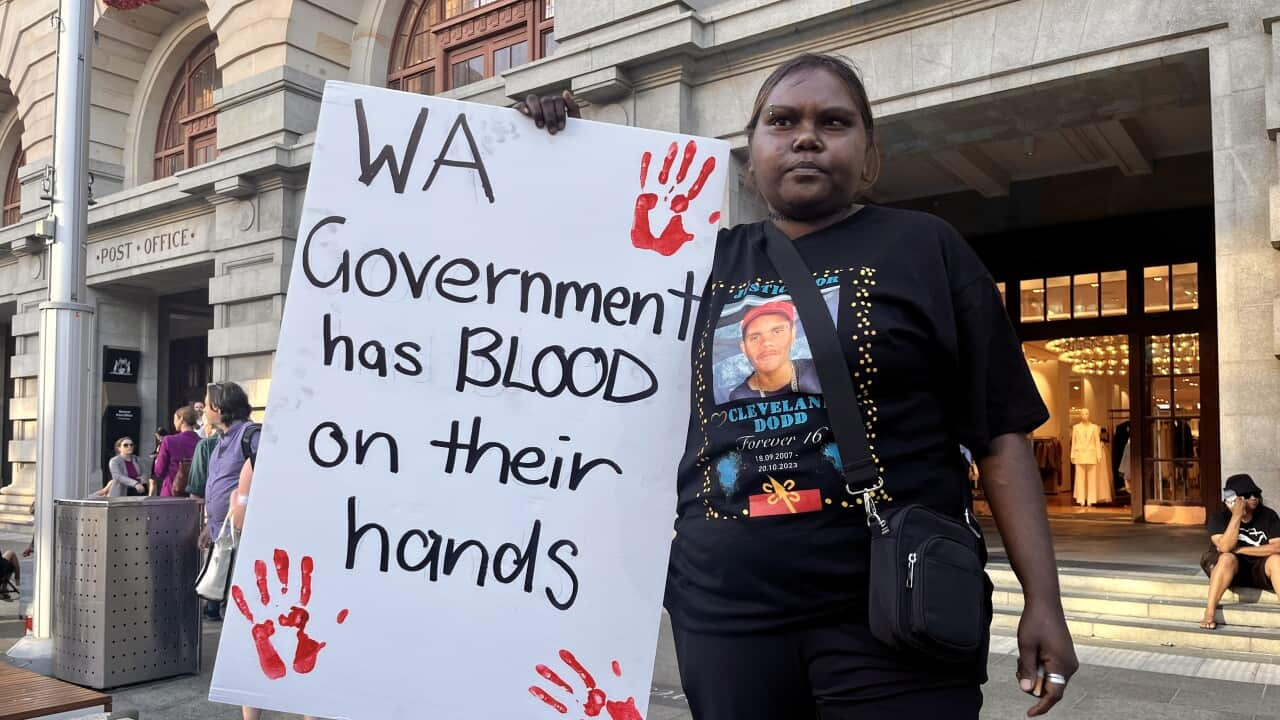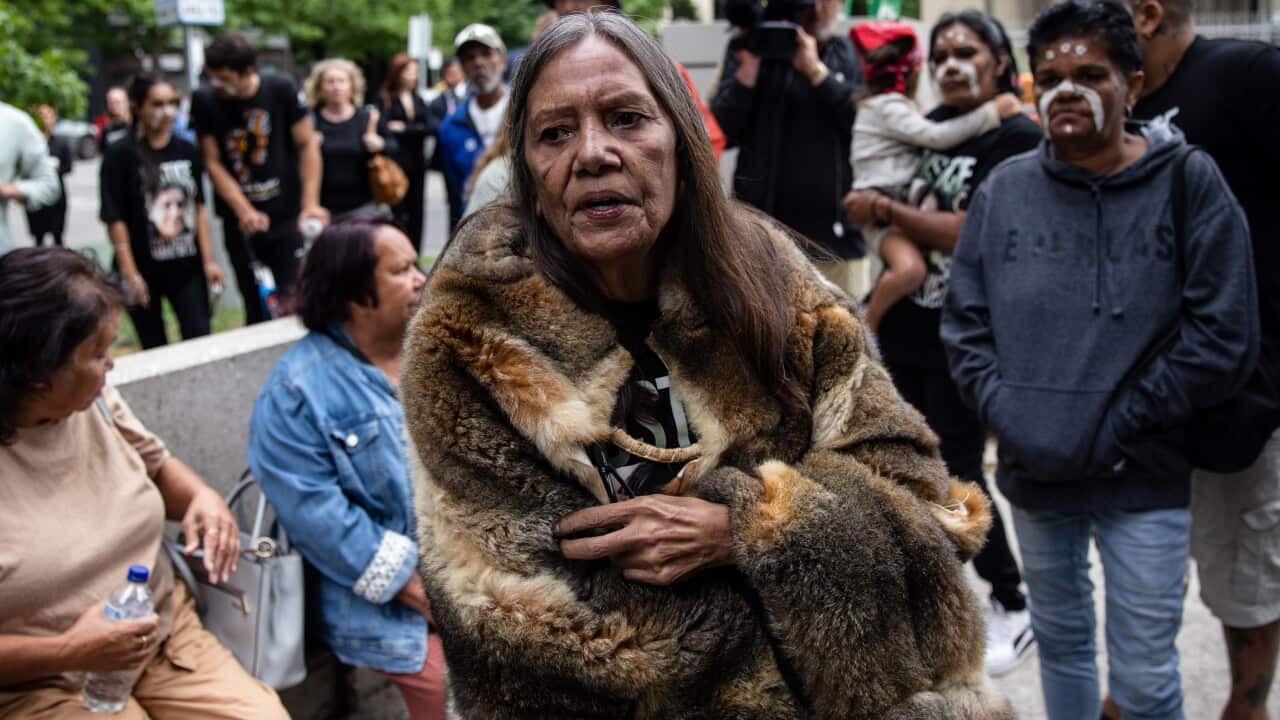The latest report from the South Australian Ombudsman has prompted advocates for incarcerated people to demand systemic change in how prisoners' emergency calls are handled.
The details numerous complaints filed against the South Australian Department for Correctional Services, but one in particular stands out: an allegation that a correctional services officer used the prison intercom system to harass and encourage an inmate to commit suicide.
The complaint was found to be 'substantiated' by the department's own investigation.
This incident, among the 609 complaints, has raised alarm over alleged misuse of power by prison staff.
Tabitha Lean, a First Nations woman and an organising member of the National Network of Incarcerated and Formerly Incarcerated Women and Girls, voiced her concerns about the report’s findings.
"We know that the intercom system is often used as a tool of control and power by correctional officers against prisoners, and this particular complaint stood out to us."
While it remains unclear whether the prisoner involved was First Nations, the case has sparked significant discussion about the systemic nature of such incidents, particularly when it comes to the treatment of vulnerable individuals in custody.
"The intercom systems are often used to ignore or punish prisoners, amplifying the already harsh conditions they face," Ms Lean explained.
Case echoes Veronica Nelson incident
Ms Lean also referenced the tragic case of Veronica Nelson, an Aboriginal woman who died in custody in 2020.
"In Veronica Nelson's case, she was heard crying out on the intercom recordings played at the inquest," Ms Lean said.

Gunditjmara, Dja Dja Wurrung, Wiradjuri and Yorta Yorta woman, Veronica Marie Nelson. Source: Supplied
"She was locked in a cell, and 49 times, officers dismissed her pleas for help, even though a nurse had raised concerns that she should be sent to a hospital.
"This was a situation where a nurse raised concerns, but prison officers, who had no medical expertise, chose to ignore her calls," Ms Lean added.
"This lack of appropriate response is a symptom of a much broader issue that we need to address."
Calls for reform
As the National Network advocates for urgent reforms, Ms Lean emphasised the need for a shift in how emergency calls are handled in prisons.
"The power to respond to emergency calls should be taken away from correctional officers," she said.
"Emergency intercom calls should be staffed by medical and health professionals, as they are best equipped to assess the situation and provide proper care."
In addition to reforming how emergency calls are managed, Ms Lean also called for the 'decarceration' of individuals who are mentally or physically unwell and should not be in prison.
"Prisoners who are unwell, like Veronica Nelson, should not be incarcerated in the first place," Ms Lean argued.
"If prisoners were adequately screened for mental health or physical conditions upon admission, we might not see such a high number of deaths in custody."
A demand for independent oversight
The Ombudsman’s report revealed that the correctional officer involved in the harassment and suicide attempt case resigned during an internal investigation, but Ms Lean questioned the adequacy of this response.
"How can we be sure this was an isolated incident? How can we trust the department to investigate itself?" Ms Lean said.
"This is like the police investigating themselves. There’s no real accountability, and this officer did not face any meaningful consequences."
For Ms Lean and the National Network, the answer lies in independent oversight.
"We need serious, independent oversight of prison management," she stated.
"Prisoners are vulnerable in these cages, and there's no one to ensure they are safe or treated with dignity. The Ombudsman’s report may say the department did its job, but we, as a network, are not satisfied with that outcome."
A call for justice and accountability
The National Network of Incarcerated and Formerly Incarcerated Women and Girls has called for broad structural reforms, including the removal of emergency call duties from correctional officers, independent oversight, and the decarceration of people who are unwell.
"We cannot allow this to continue," Ms Lean said.
"We need to stop the cycle of abuse and demand justice for prisoners who are suffering in silence."
As South Australia faces mounting pressure to reform its prison system, advocates like Ms Lean remain unwavering in their call for a prison system that upholds the dignity, health, and human rights of all incarcerated individuals.
"We are calling on policymakers, the public, and all stakeholders to act now to ensure that what happened to Veronica Nelson and other prisoners never happens again."







